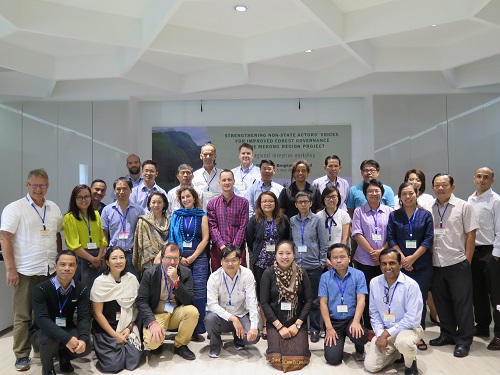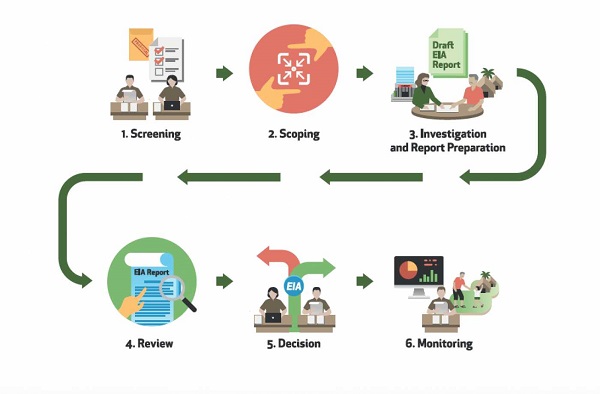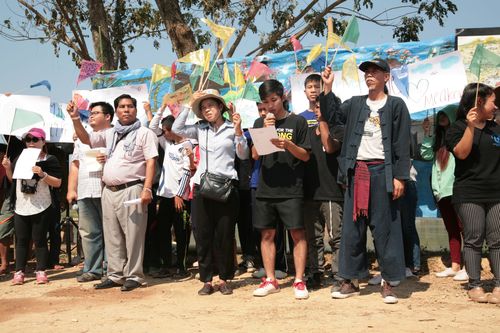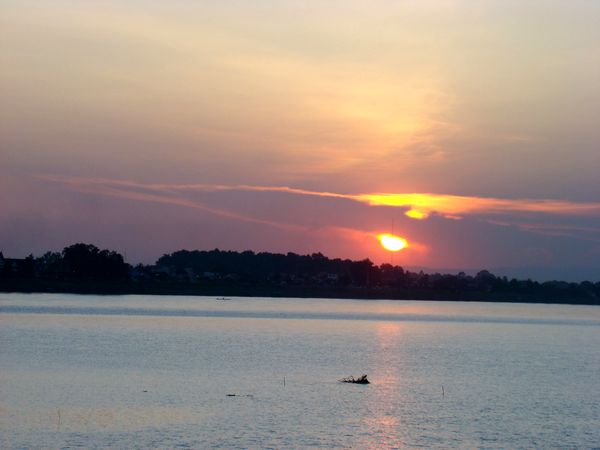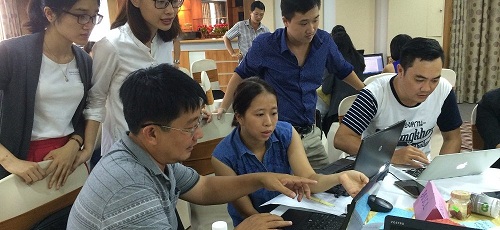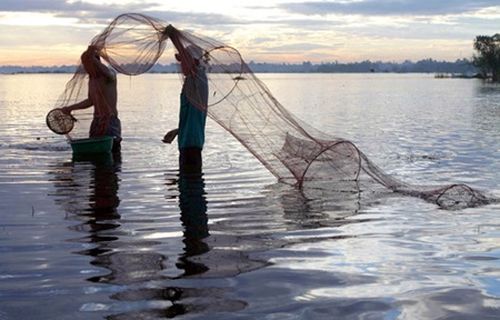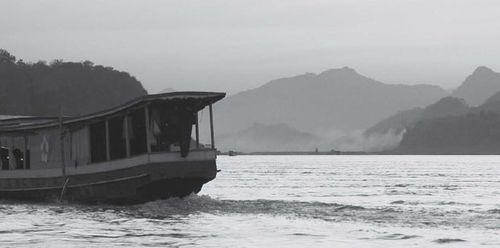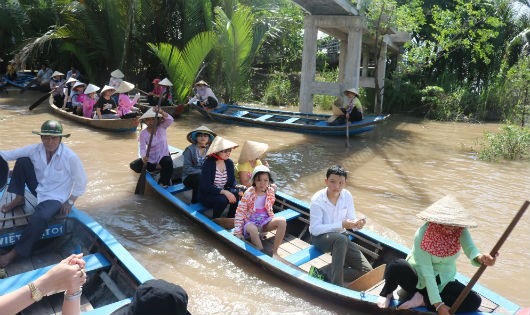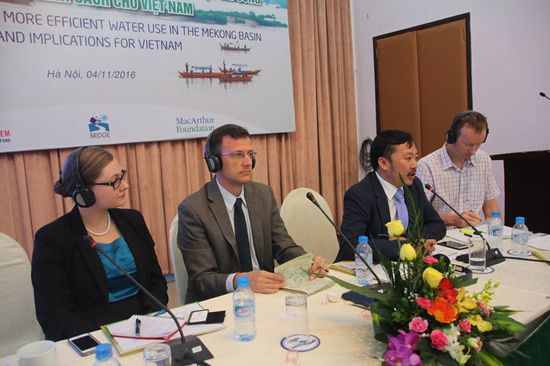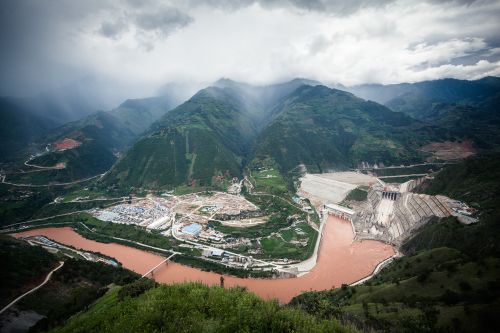RECOFTC and partners launch regional project aimed at strengthening civil society for improved forest governance in the five Mekong countries
Forty-three participants from the five Mekong countries and international partner countries participated in the project inception workshop. The participants represented the regional and national project partners, including RECOFTC, WWF, East West Management Institute - Open Development Initiative, NEPCon, NGO Forum on Cambodia, Lao Biodiversity Association, Myanmar Environment Rehabilitation-Conservation Network, Raks Thai, and PanNature Viet Nam.

